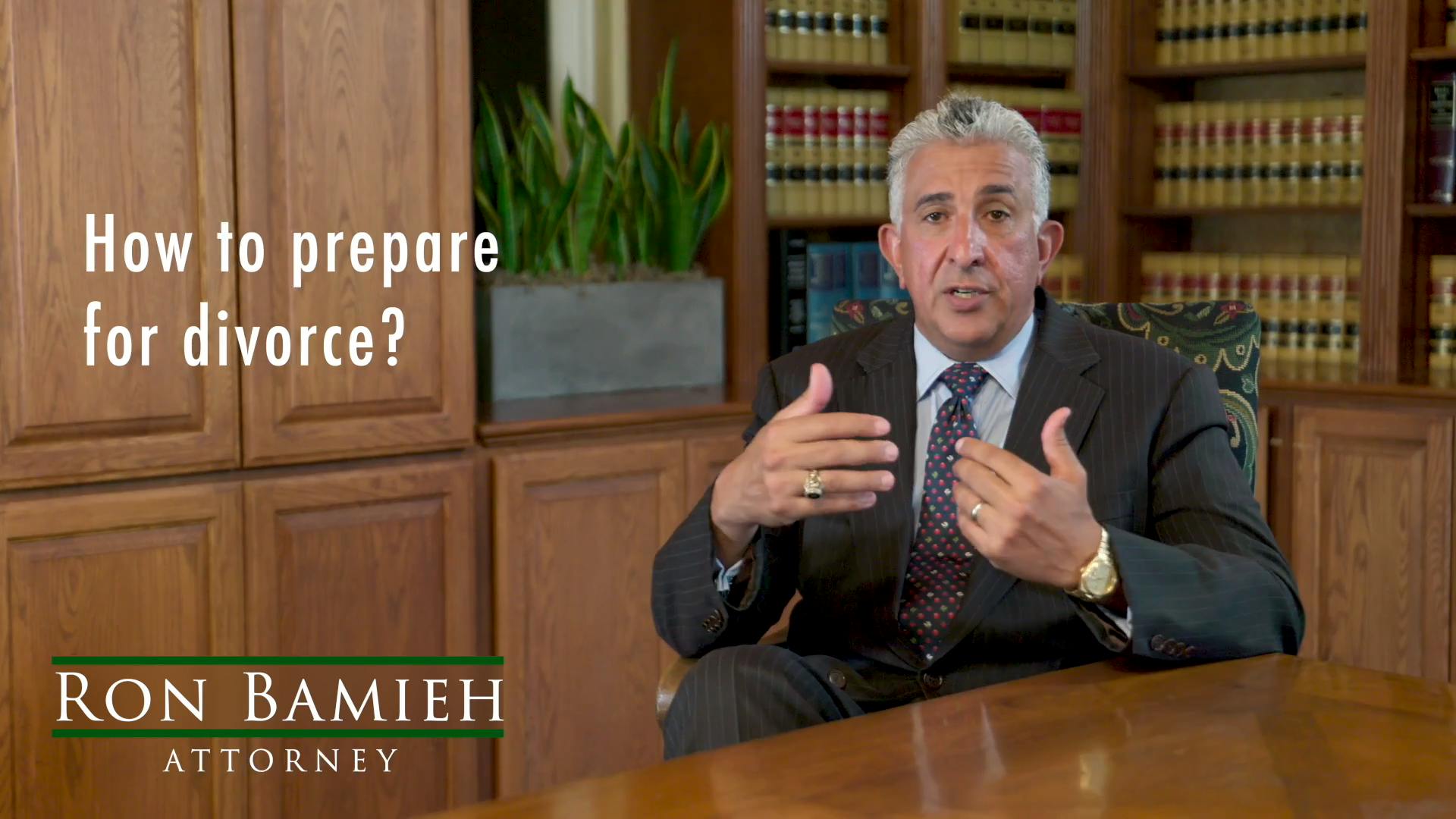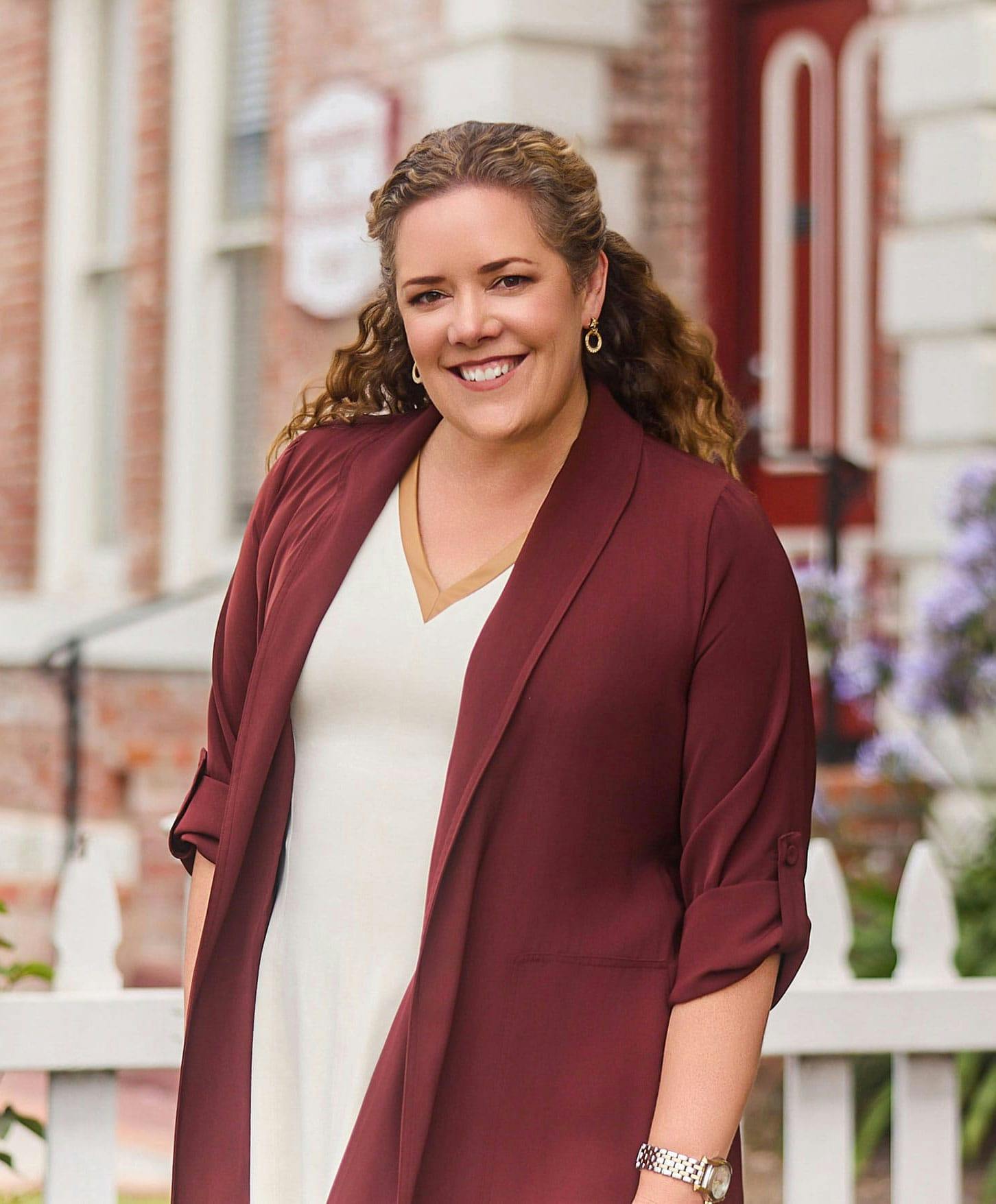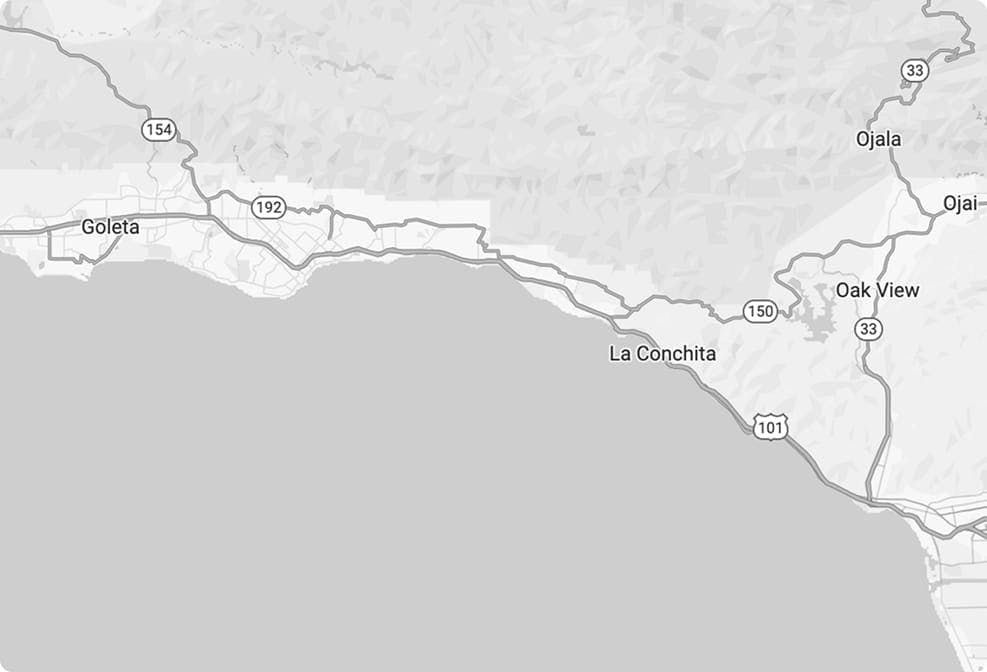If you live in Santa Barbara and are considering filing for divorce, it is important to take your case to an experienced divorce attorney. The Law Offices of Bamieh and De Smeth’s Santa Barbara divorce attorneys represent husbands and wives in divorce and separation cases throughout the Santa Barbara region, helping them get the asset division, alimony, child custody, and child support they need in their divorce cases. For a legal consultation on your divorce case, contact our law offices today. Our divorce attorneys in Santa Barbara are equipped to handle even the most complex divorce litigation. To schedule your confidential legal consultation and learn more about your options for proceeding with a divorce case, contact the Law Offices of Bamieh & De Smeth today at (805) 643-5555.
Grounds for Filing for Divorce in Santa Barbara and the “No-Fault” Rule
When you file for divorce in Santa Barbara, you typically select the proper “grounds” for your divorce. In some states, there are both “no-fault” and “fault-based” grounds for divorce, providing petitioners with options for filing for divorce. In California, there is only one set of grounds for divorce: irreconcilable differences. This is a “no-fault” type of divorce, meaning that you do not need to prove any wrongdoing to get your divorce finalized.
When you file for a no-fault divorce, you claim that you and your spouse have differences that get in the way of staying married. If these differences involve abuse or adultery, you do not have to carry the burden of proving these issues in court. Instead, you can file for divorce with or without any legal “cause” for divorce.























